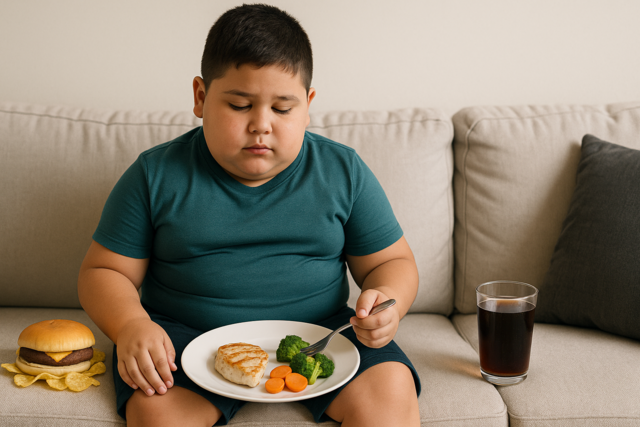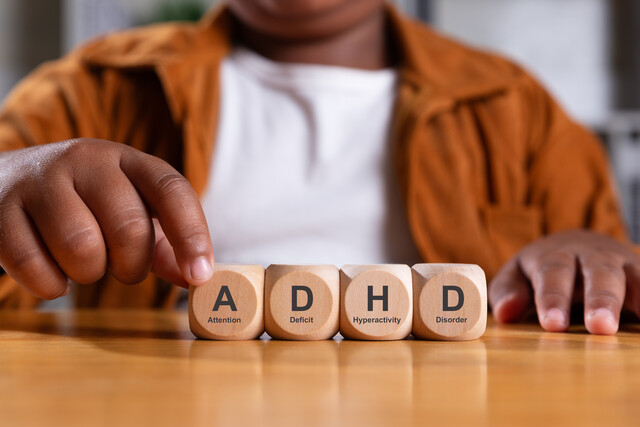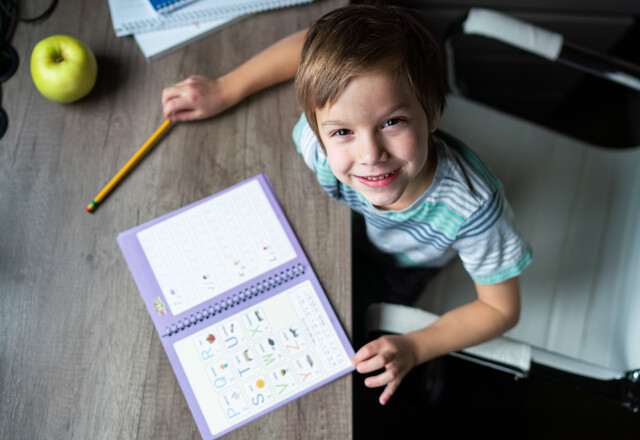We hear a lot of discussion about self-esteem in our lives. Whether we are parents, friends, or teachers, self-esteem seems to come up from time to time. Nevertheless, what exactly is self-esteem and why is it so important? Furthermore, what does self-esteem have to do with handling bullying? Once you learn more about self-esteem, the more you will understand the connection between it, and having the confidence to stand up to bullies, or help others be able to stand up to bullying.
In this article, we will focus intently on self-esteem. We will look at what it is, how adults can help build it in children, and how it can be an effective anti-bullying tool. By the time you finish this article, you will have a thorough understanding of self-esteem, especially as it relates to bullying.
Quite simply put, self-esteem is how we value ourselves. It is how we value what we believe we are, to us, as well as to the world. Those who have low self-esteem do not think very highly of themselves. They believe that they have little worth and that people do not really need them in their life. Those who have a healthy self-esteem feel as though they are worthy, loved, and valued in the world. Those with a healthy sense of self-esteem are also more able to handle life's downturns, or mistakes, because they realize that they can bounce back, or handle rejections and problems in a healthier manner.
Those who have a healthy self-esteem often exhibit signs of optimism, take care of themselves, are able to trust other people, are more accepting of mistakes that others make, can identify their personal strengths, and are confident. People who have an unhealthy self-esteem, or a low self-esteem, tend to be more negative, do not like to take risks, blame others for behaviors, feel incapable, are afraid others will not like them, and have difficulty trusting other people.
Did you know?
When a parent suffers from low self-esteem it can trickle right on down to the children. It is important to help parents improve their self-esteem as well, so that they will in turn, end up doing it for their children. The better a parent feels about their own worth and value, the more likely they are to help their child feel valued. Many of the same tools and tips outlined below can be used for adults, as well as for children, in helping to raise ones self-esteem.
- Focusing on positive thinking can be an effective way to improve self-esteem. To do this, the person should engage in what are called "affirmations." An affirmation is positive self-talk. For example, repeating several times per day something like "I am a good person who is loved and capable of love," or "I am confident, successful, and happy," or "I may have made a mistake, but I have learned from it, and will be successful in the end." Those who are using positive affirmations to improve self-esteem should start each morning by repeating them as they look at themselves in the mirror.
- For those with severe or long lasting low self-esteem they may want to work with a professional counselor or psychologist. They can help the person be more successful in identifying the problems that lead to the low self-esteem and working on raising it to a healthy level.
- Keep a "gratitude journal" that the person writes in each day. What they do is write things for which they are grateful. Doing this day in and day out will help make the person feel more optimistic and realize all the good things that they have in their life.
- Have the person identify something that they really enjoy doing a lot. Whether it is sports, an individual activity or a group one, or something else; have them do more of that in their life. Engaging in activities on a regular basis that they enjoy will help to create energy that is more positive.
- Learning how to focus and relax is a good way to clear the mind of negativity and begin having more positive thoughts. Engaging in such activities as journaling, yoga, and Tai Chi, can be effective means to doing this.
- Have the person create a list of all the things that they have accomplished. Even small things should be put on the list. Keeping this list will help them see the strength they have in being able to complete and achieve.
- Get the person to look at the way they are dressed or groomed. If they are dressed sloppily, they may feel sloppy, as well as more negative as a result. Dressing nicer, as well doing more hygiene, may make them feel better instantly.
- A good way to feel better about oneself is to start giving out lots of compliments to other people. It does not seem like it would be something that would work, but doing it on a regular basis will bring about great feelings in oneself.
- Have the person begin to recognize their negative self-talk, and stop and change it each time with something positive. Sometimes people are just not aware about how often they are saying something negative about themselves.
These are just some of the ways that self-esteem can be improved. Parents and teachers can also improve self-esteem by complimenting children when there is something that they have accomplished or earned, or by helping to point out their strengths, and letting them get involved in helping to do things.
By now, you likely have a strong sense about why it is that self-esteem is so important when it comes to bullying. Some kids who bully, yet not all of them, do so because they have low self esteem. It is important to remember, however, that not all kids who bully have low self-esteem. Many are the more socially popular students who are seeking to uplift their social status even further. Still, on the other end of the spectrum, there are others who bully because they have such low self-esteem.
In addition, as we have learned thus far, those who have low self-esteem often become the target of bullies. Children who have higher self-esteem and feel confident will usually be able to avoid, or address, bullying if it does start. Those with higher self-esteem may feel confident and comfortable standing up to the bully.
Emotions are something that we all experience. Whether it is anger, happiness, frustration, excitement, love, or jealousy, we have at times experienced them all and know what each feels like. Emotions are, by definition, a conscious mental reaction. That reaction is usually brought on by something specific, and can create changes within the body. The more we understand, and help children to understand, their feelings and emotions, the better off they will be able to work through and express them in a healthy manner.
Unfortunately, when it comes to teachers, the research points to the idea that most teachers are not given much training on how to identify and respond to children's emotions. Having such training could be beneficial in helping them to identify problems in the classroom and to help children find a way to work through them in a healthy manner.
In a study published in the journal called Early Education and Development, it was reported that the most common response that children got from teachers, when displaying certain emotions, was no response at all. The report suggested that teachers help children learn to identify the emotion, and then to offer a problem solving strategy. For example, if a child is crying because they did not get their way about something, it is helpful for a teacher (or a parent or other adult) to say something like, "I understand that you are upset, because you really wanted to do that. You will get your turn to do it soon, why not play with this until then?"
When a teacher or parent responds in such a manner, they have helped the child to identify the emotion that they are experiencing, as well as to see that there is an alternative solution. Being able to identify and work through emotions is a skill that will benefit children through their entire upbringing, and well into adulthood.
Here are several ways that adults can help children learn to understand and effectively work through their feelings and emotions.
- Help children identify their feelings and emotions. Pay attention to their body language, to what they are saying, and to their behavior. This will help adults know how to respond.
- Teach children that it is okay to feel emotions, and it is normal. However, it is what they do with those emotions that are important. For example, we all experience anger or sadness, but what we do with those emotions can make a big difference.
- Talk to children about emotions so that they can identify them, as well as good ways to deal with them. Whether they are experiencing them, or you are watching a movie together, take opportunities to discuss them.
- Set limits on what is an acceptable way to deal with emotions. For example, it is not acceptable to hit when they get angry, but it is acceptable to journal about it, or to be heard.
It is important for adults to be a good role model for children. When they manage their emotions, children will see it and learn from it. Even if the adult does handle their emotion in an unhealthy way, they should explain later that they handled it the wrong way, and what they could have done differently that would be better.
There are many effective ways for children (as well as for adults) to handle emotions like anger, which can be potentially dangerous if handled the wrong way. Teaching them breathing exercises, journaling, talking about it with others, self-calming techniques, and so forth, can all be helpful.
Did you know?
Emotions can be identified with the absence of language? It is true! In the October 2011 issue of the journal called "Emotion," researchers reported that their study found that language is not necessary to identify emotions, rather that it is a biologically evolved mechanism. Therefore, while different words may be used by various cultures, to describe emotions, we all seem to have basic human emotions that are present across cultures and can be identified without the use of any words.
Shame is another common feeling that children may experience. They tend to feel shame when they are not accepted socially, when they are defeated in a competition, or if they have learning difficulties. They also experience shame when they are bullied. Because of this, it is important for parents, and other adults, to help children feel proud of themselves.
When both potential bullies and the people they bully know how to identify and handle their emotions, they will have yet another key to the puzzle in helping to end bullying. It is important though, to keep in mind a child's current developmental stage and not expect more out of them than they can give when it comes to identifying and addressing emotions.
Coming up next, we will look at ways to help a shy child blossom.


























